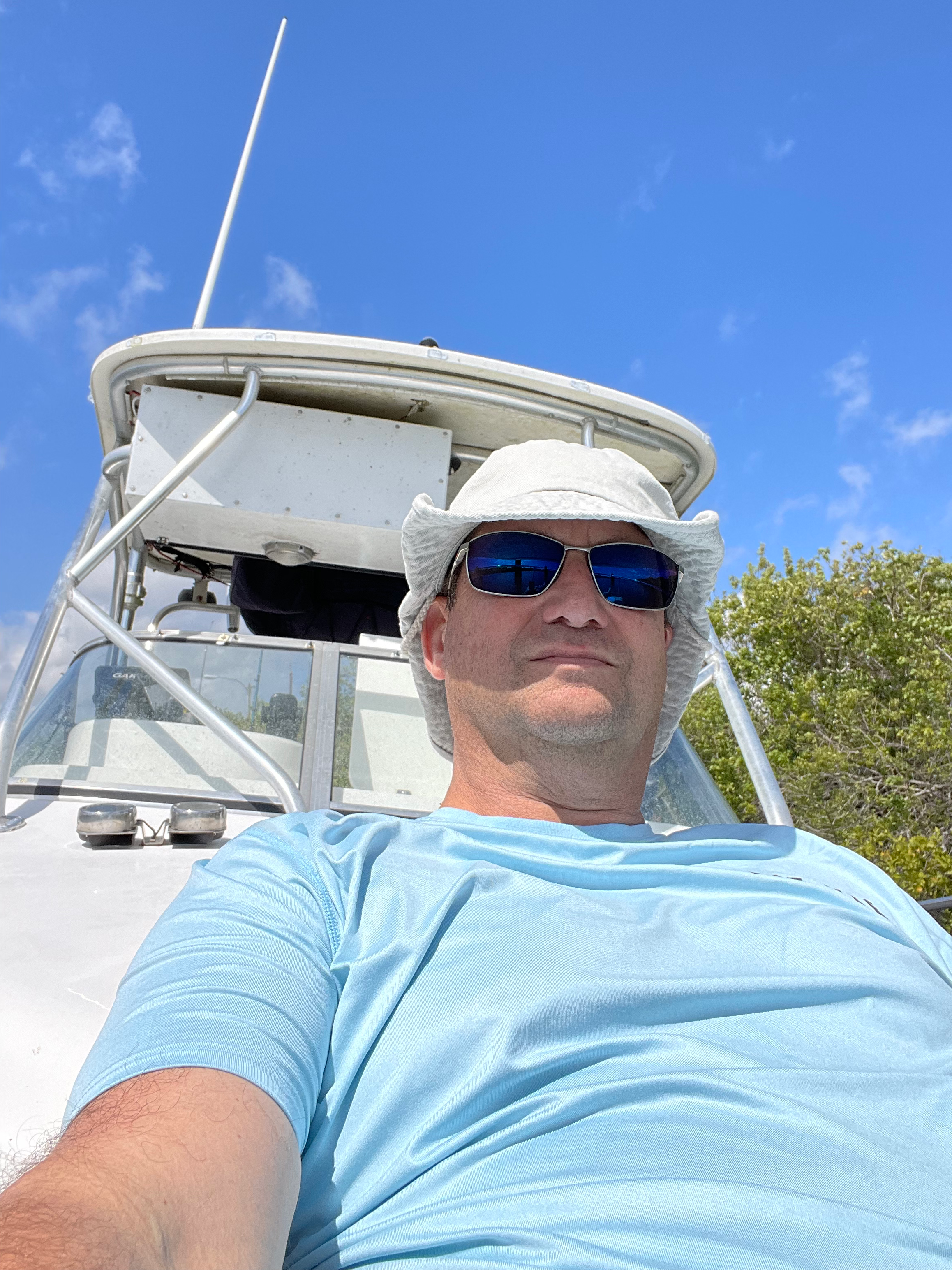What You’ll Learn in a Scuba Diving Class in Florida
- Robert Attama

- Jul 8, 2025
- 4 min read
If you’re drawn to the blue waters and vibrant coral reefs of Florida, you’re likely contemplating scuba diving. It's a thrilling adventure that opens up an underwater world filled with stunning marine life. Enrolling in a scuba diving class is the first step toward exploring these hidden treasures. In this blog post, we’ll guide you through what you can expect from scuba lessons in Florida.
What to Expect in Scuba Lessons
Scuba diving lessons in Florida are designed to equip you with the skills and knowledge necessary for safe diving. The classes typically begin with theory sessions, where you’ll learn about various topics such as diving equipment, safety protocols, and marine ecology.
You’ll engage in practical exercises both in the pool and in open water, allowing you to gain hands-on experience. Students often report a mix of excitement and nervousness during their first underwater experience.
Prepare to learn about essential gear like masks, fins, buoyancy compensators, and tanks. Understanding how to use this equipment is a significant part of the curriculum.

Skills You’ll Master in Your Lessons
In your scuba lessons, you will master many essential skills that are crucial for a successful dive. These include:
Breathing Techniques: Proper control of your breath is essential while diving. You’ll learn how to manage your air supply and maintain calm underwater.
Equalization: As you descend, you must equalize the pressure in your ears. You’ll be taught effective techniques to prevent discomfort and injury.
Buoyancy Control: Mastering buoyancy is vital for a smooth diving experience. You will practice adjusting your buoyancy to maintain the desired depth without excessive effort.
Emergency Procedures: Safety is paramount in scuba diving. You'll learn about potential risks and how to handle emergencies such as equipment failure or sudden changes in conditions.
These skills not only ensure your safety but also enhance your enjoyment of the underwater world.

What is the 120 Rule in Scuba Diving?
The 120 rule in scuba diving is a guideline regarding maximum depth and exposure time, especially for beginners. It implies that a diver should plan their dive such that the sum of the depth of the dive (in feet) and the total bottom time (in minutes) should not exceed 120.
For instance, if you plan to dive to a depth of 60 feet, you should limit your underwater time to no more than 60 minutes. The rule serves as a safety measure to help prevent decompression sickness and ensure divers manage their air supply effectively.
Adhering to this general guideline can make a significant difference, especially for new divers still building their experience and confidence inside the water.
Dive computers have advanced considerably over the years and new divers now have access to their use ensuring that you remain within safe diving limits.

Understanding Marine Life
Another fascinating aspect of scuba diving lessons is learning about the underwater ecosystem. Florida waters host diverse marine life, including colorful fish, corals, and even the occasional sea turtle or dolphin.
In your lessons, you will explore the importance of marine conservation. You’ll learn about the impact of human activity on marine ecosystems and how responsible diving practices can help protect them. Understanding these relationships enhances your diving experience, letting you appreciate the beauty of the ocean while promoting environmental stewardship.
Your instructors may also share tips on how to observe marine life without disturbing their natural habitats, ensuring that your adventures contribute positively to the marine environment.
Preparing for Your First Dive
Getting ready for your first dive can be both thrilling and intimidating. Here are some tips to prepare:
Stay Physically Fit: Scuba diving requires a certain level of fitness. Walking, swimming, or practicing yoga can improve your stamina and flexibility.
Choose the Right School: Research scuba diving lessons in Florida to find a certified dive school that matches your expectations and skill levels.
Gear Familiarization: Familiarize yourself with the equipment before your lessons. Understanding the different parts and their functions will make you more comfortable during your first dive.
Ask Questions: Don't hesitate to ask your instructor questions. It’s important to clarify any doubts to ensure you feel confident.
Relax and Enjoy: Diving is about exploration and enjoyment. Embrace the beauty around you and focus on having fun.
By being well-prepared, you set the stage for an unforgettable underwater experience.
Your Next Steps
Now that you understand what you can expect in a scuba diving class, it’s time to take action. Finding the right program is crucial. Look for schools that offer a comprehensive curriculum, experienced instructors, and a commitment to safety.
If interested in a professional dive school, check out scuba diving lessons in Florida. Engaging with skilled instructors and experienced peers can enhance your learning experience significantly.
Scuba diving is more than just a hobby; it's a passion that connects you with nature in profound ways. Whether you want to explore the vibrant coral reefs or swim alongside majestic sea creatures, scuba diving can lead you on thrilling adventures.
As you embark on your underwater journey, remember: every dive is a new story waiting to unfold. Embrace this opportunity and dive deep into your next adventure!











Comments